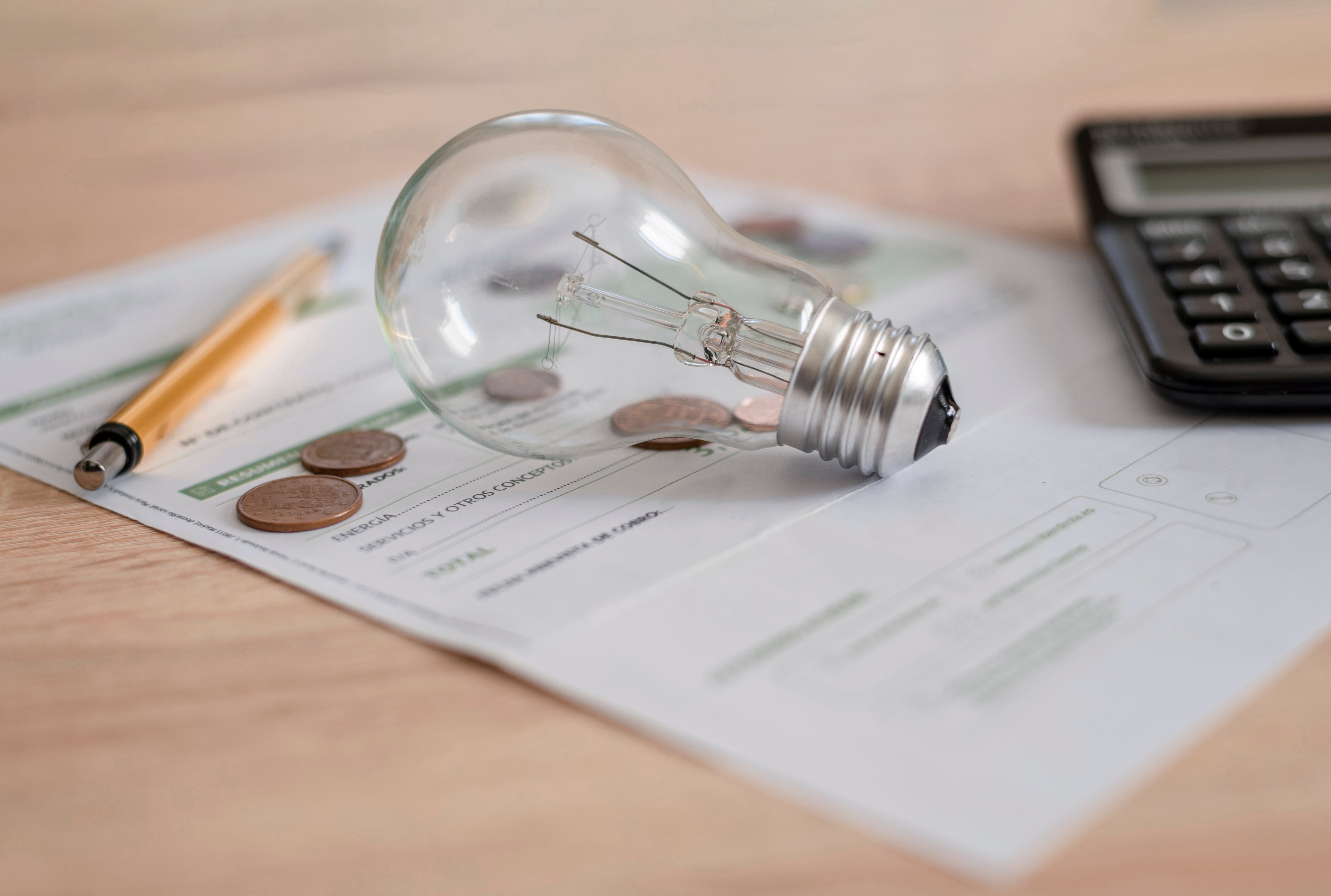Selecting the best electricity plan for low usage is a crucial decision that should align with your unique energy consumption patterns. For those residing in low usage homes, the focus is on optimizing costs. In this comprehensive guide, we will delve into what defines low usage, the factors influencing it, and provide insights into choosing tailored electricity plans that cater specifically to the needs of low usage households.
Whether you live as a small family, a single individual, or you’re just someone dedicated to minimizing your carbon footprint, this guide is designed to help when choosing an electricity plan that works for you. Let's navigate the realm of low usage electricity plans.
{{CTA-Plans}}
Understanding Low Usage
What Constitutes Low Usage?
Low usage homes are characterized by their below-average electricity consumption. Several factors contribute to this, including household size, adherence to energy-efficient practices, and the influence of local climate conditions.
How to Determine If Your Home Is Low Usage
To gauge if low usage energy plans are a good fit for your home, consider the following assessment methods:
- Monthly Usage Trends: Review your electricity costs over several months to identify usage patterns. Low usage homes typically display a consistent level of consumption, with minimal spikes during specific periods.
- Compare With Averages: Evaluate your consumption by comparing it with regional averages for similar households.
Utilizing Smart Technology
Consider incorporating smart technology, such as Smart Thermostats, to gain real-time insights into your energy usage. These tools can provide detailed analytics, helping you make informed decisions about how some of the best electric plans for low usage can benefit you.
Energy Audit
Conducting a home energy audit, either independently or with the assistance of a professional, can offer a comprehensive overview of your home's energy efficiency. Identify areas for improvement and implement strategies to reduce energy consumption further.
By combining these methods, you can thoroughly understand your home's electricity usage and make informed decisions when selecting a low usage electricity plan.
Electricity Plans for Low Usage Homes
In your search for the right low usage energy plans, consider the following options:
Free Electricity Plans
Free Electricity plans offer flexibility by giving you free electricity every Friday, Saturday, and Sunday. With Free Electricity plans, consumers can strategically manage their usage to optimize savings.
Customizable Low Usage Electricity Plans
- Tailored Plans: Customize plans to match specific low-usage needs.
- Variable Price Plans: Flexible month-to-month plans adapt to market fluctuations.
- Fixed Price Plans: Ensure stability with locked-in costs.
Energy-Efficient Practices for Low Usage Homes
Ensuring energy efficiency is paramount for low usage homes. Implementing energy-efficient practices reduces environmental impact and contributes to long-term cost savings when combined with the best electricity plans for low usage. Here are actionable steps for optimizing energy efficiency in your home:
1. Optimize Appliances
Choose energy-efficient appliances and devices to minimize electricity consumption. Look for appliances with the ENERGY STAR® label, indicating they meet high efficiency standards. This includes refrigerators, washing machines, and other household electronics.
2. Efficient Lighting and HVAC Systems
Upgrade to energy-efficient lighting, such as LED bulbs, and consider installing programmable thermostats for your heating, ventilation, and air conditioning (HVAC) systems. These upgrades not only reduce energy usage but also enhance the overall comfort of your home.
3. Solar Integration
Explore the feasibility of solar panels as a sustainable energy solution. Beyond the environmental benefits, solar integration can contribute to long-term energy cost savings compared to the average electricity costs in Texas, especially when coupled with net metering solar programs.
Solar Energy Options and Net Metering
For homeowners committed to environmental consciousness, delving into solar electricity options presents an opportunity not only to reduce their carbon footprint but also to potentially generate cost savings with low usage energy plans. Here's a closer look at solar energy and the innovative concept of net metering:
Exploring Solar Energy
Solar energy harnesses the power of the sun to generate electricity, providing a clean and sustainable alternative to traditional energy sources. For low usage homes, integrating solar panels can be a strategic move towards greater energy independence and efficiency.
Understanding Net Metering
Net metering plans, often associated with net metering solar programs, empower homeowners to contribute excess energy they generate back to the grid. In return, customers receive credits on their electricity costs. This promotes sustainable energy practices and can result in financial benefits for the average electric costs in Texas, especially when your solar panels generate more electricity than your home consumes.
Key Benefits of Net Metering:
- Cost Matching: Earn credits for surplus electricity, matching costs during periods of lower solar production.
- Environmental Impact: Contribute to a greener environment by feeding clean energy into the grid.
- Financial Incentives: Some regions offer additional financial incentives or rebates for participating in net metering programs.
Final Thoughts
Choosing the right electricity plan for your home involves a balance of environmental consciousness, financial considerations, and a commitment to long-term sustainability. By leveraging solar electricity options, embracing energy-efficient practices, exploring innovative programs like net metering, and enrolling in one of the best electricity plans for low usage, homeowners can confidently navigate the evolving landscape of electricity consumption.






































